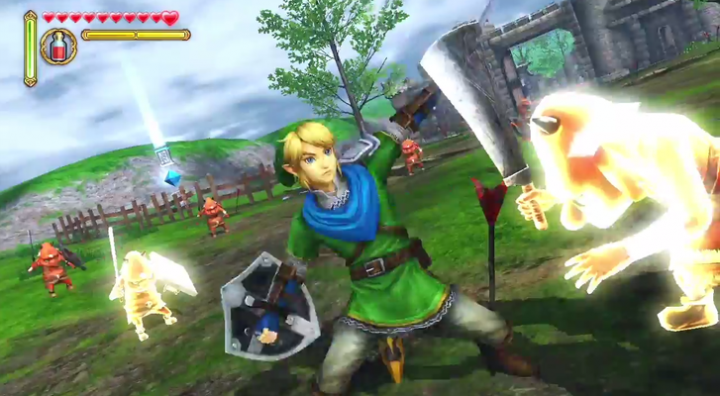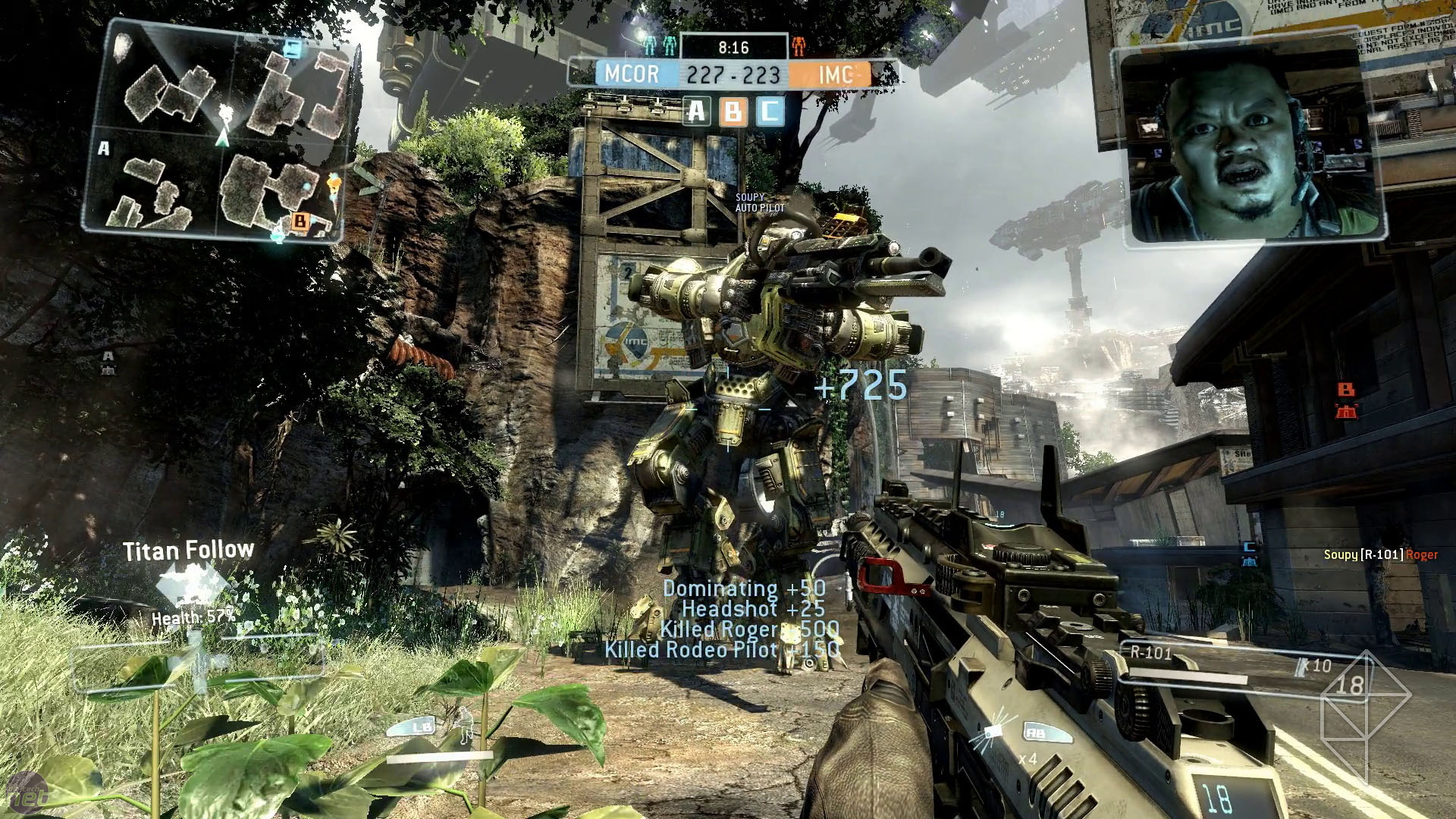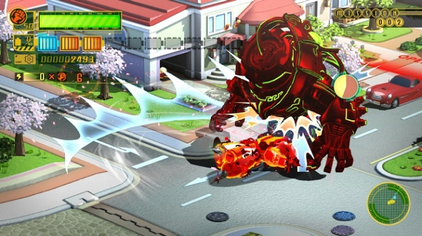What hasn’t changed, what has, and what’s to come with Nintendo and third parties.
Nintendo’s struggles with third party support on their consoles is no secret to anybody. Despite being a successful player in the gaming industry for countless years, the Big N has failed to attract third parties to both their consoles and handhelds since the Nintendo 64 days. This problem is especially apparent today; the Wii U’s next big release, Mario Kart 8, is three months away, creating a gap Nintendo had hoped would be filled with content created by other developers.
So what is going on with Nintendo and third parties? Has anything changed? What can we expect in the future?
What Hasn't Changed

Watch Dogs remains as one of the few future Wii U third party titles.
Here is what has not changed. The biggest thing, obviously, is that third party support has not improved. If anything, it has worsened since the launch of the Wii, which seems to be the major turning point in terms of overall third party interest on Nintendo platforms. The reason for this was not because the Wii was so underpowered per se, but that it was so different in terms of infrastructure and audience when compared to its competitors. The Wii resulted in two things: the loss of traditional third party multiplatform titles and the creation of specialized teams focusing specifically on Wii titles. This would explain why games like Assassin’s Creed and Grand Theft Auto skipped out on the platform, while others like Just Dance and Carnival Games thrived.
The problem now is that, transitioning to the Wii U, these specialized teams no longer have a reason to exist, and so instead of having some third-party support, Nintendo’s new console now has none. Perhaps in this sense, things have changed, but the overall problem remains the same: the Wii U does not have third parties. (I understand there are exceptions here, which I will talk about later.)
This problem is not unique to the Wii U. The 3DS is currently struggling in the third-party arena as well, though that is not immediately obvious thanks to Nintendo’s rapid first-party output rate on that system. Looking back at last year (arguably the 3DS’ biggest year), what can be said about its software? 2013’s biggest 3DS titles consisted of Fire Emblem: Awakening, Luigi’s Mansion: Dark Moon, Mario & Luigi: Dream Team, Pokémon X/Y, and The Legend of Zelda: A Link Between Worlds – all Nintendo first-party games. Thankfully, third party support here is not as scarce as it is on Wii U (have you been playing Bravely Default?), mostly because it did not suffer the aforementioned generational gap, but it is easy to see that there are not as many third party 3DS titles as Nintendo had hoped.
What Has Changed

Collaborations like this highlight Nintendo's changing attitude.
That is not to say that Nintendo has not tried to turn things around. Even though the Wii U is a premier example of how Nintendo is struggling to attract third parties, it also shows just how Nintendo is changing. Look at games like The Wonderful 101, Bayonetta 2, and Lego City: Undercover. These titles were all created by non-in-house developers and published by Nintendo, suggesting that the Big N is willing to invest in other developers to create exclusive content for their platform. Collaborations such as Fire Emblem X Shin Megami Tensei, Hyrule Warriors, and the next Super Smash Bros. (co-developed with Bandai Namco) show that they are even willing to work directly with other companies. While it is unfortunate that third party publishers have abandoned Nintendo’s consoles, it is nice to see Nintendo try to circumvent the problem by stepping up and becoming the publishers themselves. (Obviously, this does not solve third party relations, but it is a positive step forward.)
Another big thing – and this one may seem less obvious – is how Nintendo platforms have suddenly become a massive haven for indie developers. Nintendo may not be as vocal about it as Sony or Microsoft, but with over 120+ indie games confirmed for the Wii U (not including the dozens that already exist) and new ones being announced practically every other day, the Big N has come quite far in terms of their online marketplace. Many may remember how big of a mess WiiWare was thanks to its size restrictions and controversial developer payment structure; to see things turn around so quickly for Nintendo with both the Wii U and the 3DS gives me faith that they can turn around their big third-party problem as well.
What's To Come

Titanfall could never come to Wii U... or could it?
The launch of the Wii U showed signs of great third party support. Games like Mass Effect 3, Call of Duty: Black Ops 2, NBA 2K13, Batman: Arkham City, Scribblenauts Unlimited, and much more were all on Nintendo’s new console, with a multitude of others along the way. Things were doing so great, that I even boldly proclaimed that for Nintendo, third party support changes with Wii U.
Obviously, things are much different now, but how exactly did Wii U third party support go from abundant to almost nonexistent? The simple answer, and one that most developers have openly agreed upon, is low software sales. Of course, the reality may be a bit more complicated than that, but it should be quite obvious to anyone paying attention that third party games simply do not sell on Wii U – or any other Nintendo platform for that matter. There is a bit of optimism here though; power does not seem to be the primary concern this time around, suggesting that horsepower really is not that big of an issue for third parties – at least for now.
So how can Nintendo fix the third-party problem? Aside from paying third parties huge sums of money (which does not really solve anything), there really is little they can do. Power is something that will eventually become a non-issue in the next generation or two, and it even is still too early to see if it is one now. Nintendo can continue to release first and second party content to curb the lack of third parties, but that does not help with support in the long run.
Instead, it seems that the solution lies within the consumer. If sales are the primarily concern for third parties, the solution would be to buy third party games. If third parties can get the sales they want, they will continue to support the console. The question here is if that will ever happen. The problem here is that Nintendo gamers do not buy third party games.

Hell, they don't even buy some Nintendo games...
So what will it take for change to happen? Will third party support ever improve, or will Nintendo consoles forever be first and second party only machines? Does third party support really matter to you? Leave your thoughts in the comments below.
![Amazing Spider-Man Finale Features New [SPOILER] Costume](../../../../../../assets1.ignimgs.com/2018/06/01/untitled-br-1527892808294_small.jpg)